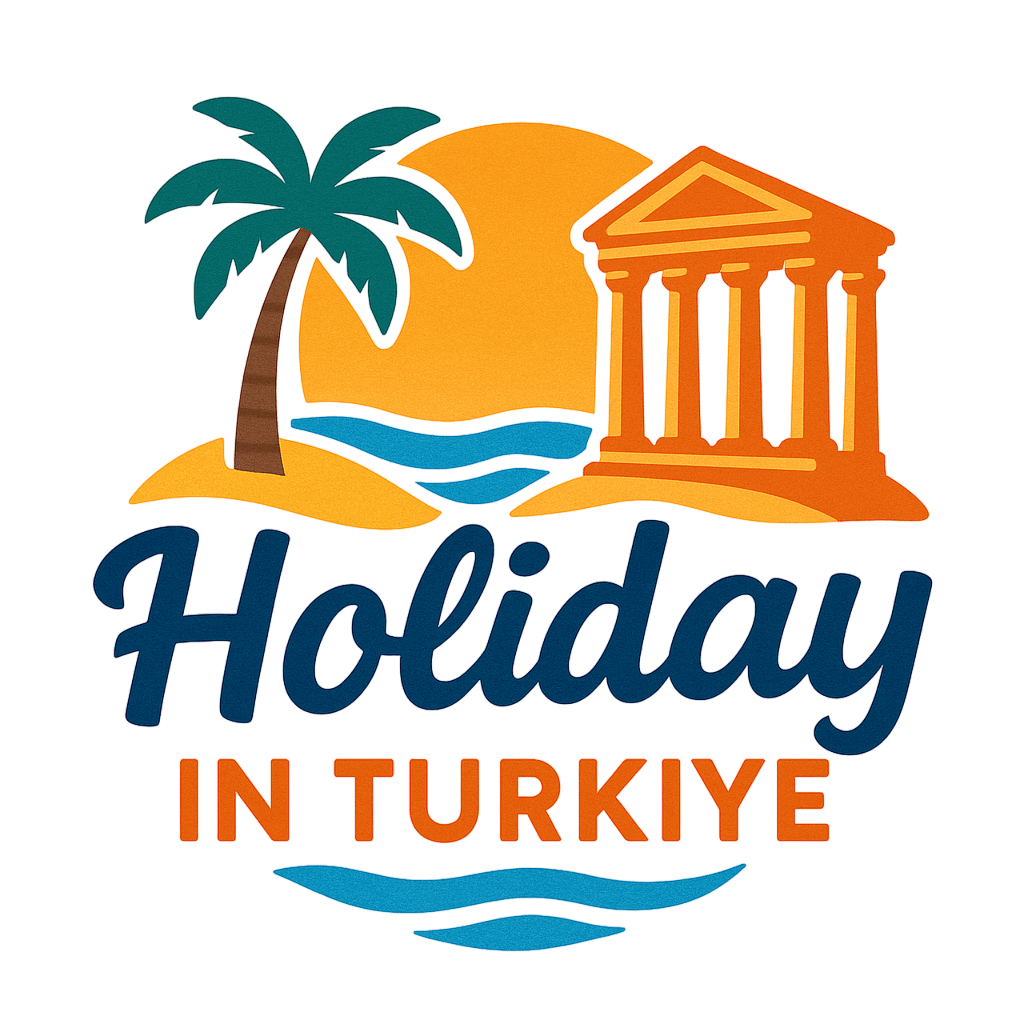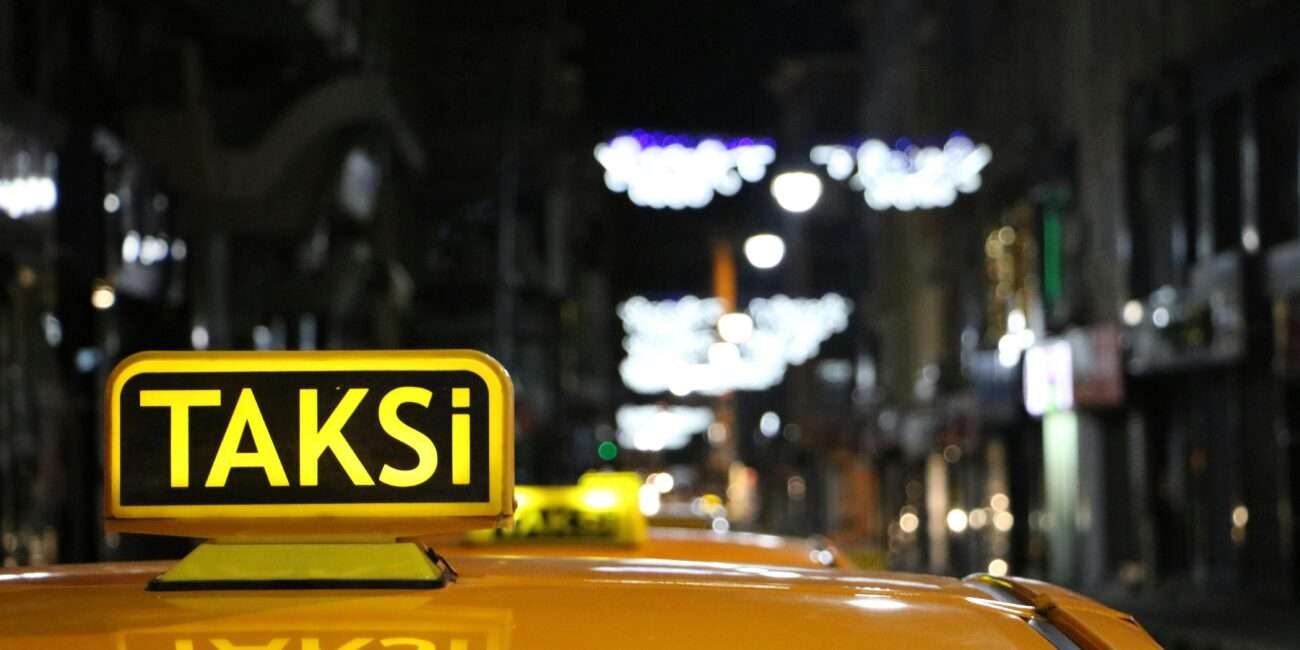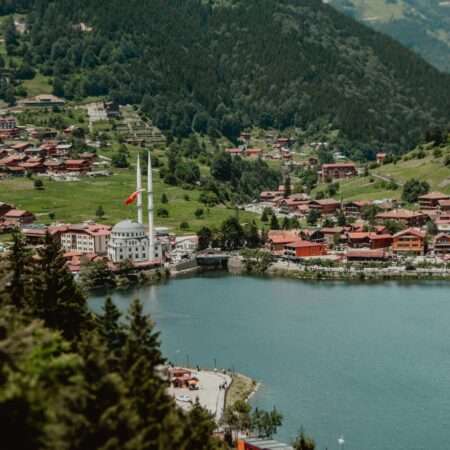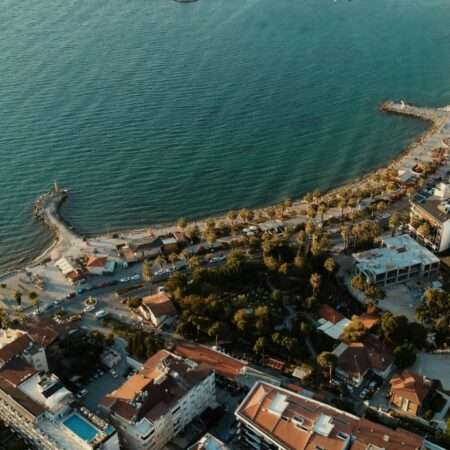Türkiye is full of amazing sights and warm hospitality — but like any popular destination, it also has its share of tourist traps. Overpriced restaurants, fake souvenirs, and pushy tour operators can quickly take the fun out of your trip. In this 2025 smart travel guide, we’ll show you how to spot and avoid common scams, make authentic local choices, and enjoy Türkiye like a savvy traveler — not just a tourist.
Let’s make your Turkey trip about memories, not mistakes.
1. What Are Tourist Traps?
A tourist trap is an activity, service, place, or product that targets tourists with inflated prices, fake value, or misleading promotions. They often promise an “authentic” experience but deliver disappointment—and a lighter wallet.
These traps aren’t unique to Turkey, but understanding the local flavor of these tactics can save you from unnecessary frustration.
2. Why You’re More Likely to Fall for Them in 2025
In 2025, international tourism in Turkey is booming again. This means:
- More crowds = easier targets for scam artists
- Inflation has led to significant price hikes (especially in coastal regions)
- Overtourism is driving aggressive competition among low-quality vendors
Knowing what to expect is your best weapon.
3. Most Common Tourist Scams in Turkey
🎯 “Let’s Grab a Drink” Scam
A well-dressed local invites you to a bar or café. You agree. After a few drinks, you’re presented with a bill for hundreds of euros, and “security” won’t let you leave without paying.
Avoid it: Never follow strangers into bars or clubs. Trust your instincts.
🎯 “Helpful Local” Offering Directions or SIM Card Help
Some locals might seem overly eager to assist—especially near ATMs, metro ticket machines, or phone stores. Moments later, they may expect a tip or demand money.
Avoid it: Politely decline and keep moving.
4. Restaurant Traps in Tourist Areas
Red Flags:
- No prices listed on the menu
- Waiters standing outside pulling customers in
- “Fresh fish” offers without a listed weight or cost
Hotspots to Watch:
- Sultanahmet (Istanbul)
- Old Harbor in Antalya
- Seafront promenades in Bodrum, Marmaris
What to do instead: Use Google Reviews, ask for the price before ordering, and avoid restaurants with photoshopped menus.
5. The Grand Bazaar & Spice Market Trap
While historic and visually stunning, these markets cater mostly to tourists now. Prices are often inflated 300–400% from the local value.
Common tactics:
- Fake “antique” items
- Saffron that’s actually turmeric
- “Real leather” bags that aren’t
Pro tip: Visit local neighborhood markets (Kadıköy Market in Istanbul, for example), and always bargain politely.
6. Taxi Scams & Overcharging
Taxis in tourist zones are notorious for:
- Taking longer routes
- Claiming meters are broken
- Using tampered meters
- Demanding cash only
How to avoid:
- Use BiTaksi or Uber in Istanbul
- Always ask for the meter to be turned on
- Use Google Maps to follow the route
7. Overrated Attractions With High Entry Fees
Not all attractions are worth the ticket price.
Examples:
- “Private Bosphorus Tours” starting at €100 per person
- “Traditional Shows” that are inauthentic and overpriced
- Overhyped beach clubs with high entrance fees and mandatory spending
Instead:
- Book Bosphorus ferry rides from Eminönü terminal (under €5)
- Attend real cultural shows in community centers or university theaters
8. The “Let’s Have Tea” or Carpet Shop Trap
A “friendly” local invites you for tea. After chatting, you’re taken to a carpet shop and pressured into buying something worth thousands.
Avoid it: Just smile and say “maybe later.” Walk away firmly.
9. Fake Tour Operators
Not all tour desks you see are legitimate.
Risks:
- Fake bookings
- Uninsured transportation
- No-show guides
- Low-quality experiences far from what was promised
Stay safe by:
- Booking through your hotel or known platforms (GetYourGuide, Viator, or Turkish Airlines partners)
- Avoiding street vendors or handwritten signs
10. Currency Exchange Scams
Common tricks:
- Different “buy/sell” rates in small print
- Hidden service fees
- Giving change in outdated or foreign currency
What to do:
- Use official exchange offices (Döviz) or banks
- Avoid exchanging money at the airport unless urgent
- Use your card where possible (cards are widely accepted in Turkey)
11. Airport & Transfer Traps
Watch for:
- Unauthorized taxi drivers at arrivals
- SIM card vendors selling overpriced data plans
- “VIP shuttle” scams charging €100+ for a basic ride
How to stay safe:
- Pre-book transfers through your hotel
- Use Kiwitaxi or airportshuttle-turkey.com
- Buy your SIM card at official Turkcell or Vodafone stores outside the airport
12. Souvenir Shops Selling Mass-Produced Items
From “handmade ceramics” to “authentic evil eyes,” many souvenirs are imported or machine-made.
Better options:
- Visit Arasta Bazaar (Istanbul) or Avanos Pottery Workshops (Cappadocia)
- Ask the seller directly: “Is this handmade?”
- Look for signs of factory production (uniform size, no flaws)
13. Hamam (Turkish Bath) Upsells
A genuine Turkish bath is amazing—but some hamams target tourists with:
- Fake “mandatory massage” charges
- Tipping pressure
- Cold water / dirty facilities
What to do:
- Read Google reviews before choosing a hamam
- Agree on services and price in advance
- Bring your own towel if possible
14. How to Spot a Real Local Experience
✅ No pushy staff
✅ Clear pricing
✅ Locals are present
✅ Not listed in every mass-tourism brochure
✅ It feels relaxed—not rushed
Examples:
- Eating at a lokanta (worker’s restaurant)
- Taking a dolmuş (shared minibus)
- Attending a local Mevlit or tea house concert
15. General Rules for Avoiding Tourist Traps in Turkey
- Always ask the price upfront
- Avoid overly “friendly” strangers in tourist zones
- Stick to verified platforms for booking tours
- Watch your bill carefully in restaurants
- Don’t feel obligated to buy even if someone served you tea
- Trust your instincts — if something feels off, it probably is
16. Frequently Asked Questions
Q: Are tourist scams violent in Turkey?
A: No. Most scams are financial, not physical threats.
Q: Can I avoid scams if I don’t speak Turkish?
A: Yes, just stay firm, polite, and aware.
Q: Are rural areas safer than cities?
A: Yes. In most villages and small towns, locals are very hospitable and scams are rare.
Q: What’s the safest city in Turkey for tourists?
A: Fethiye, Cappadocia (Göreme), and Izmir have excellent reputations.










